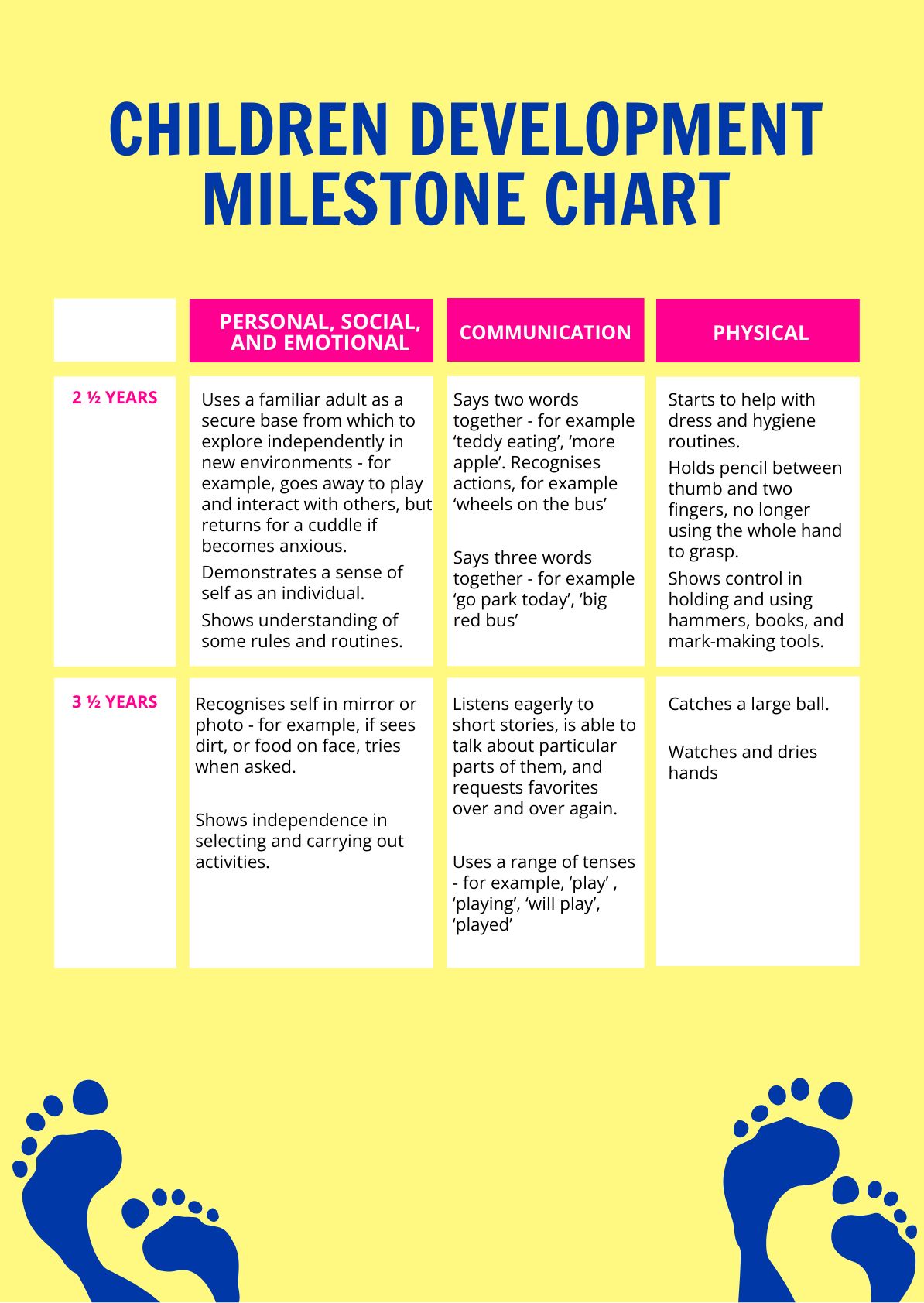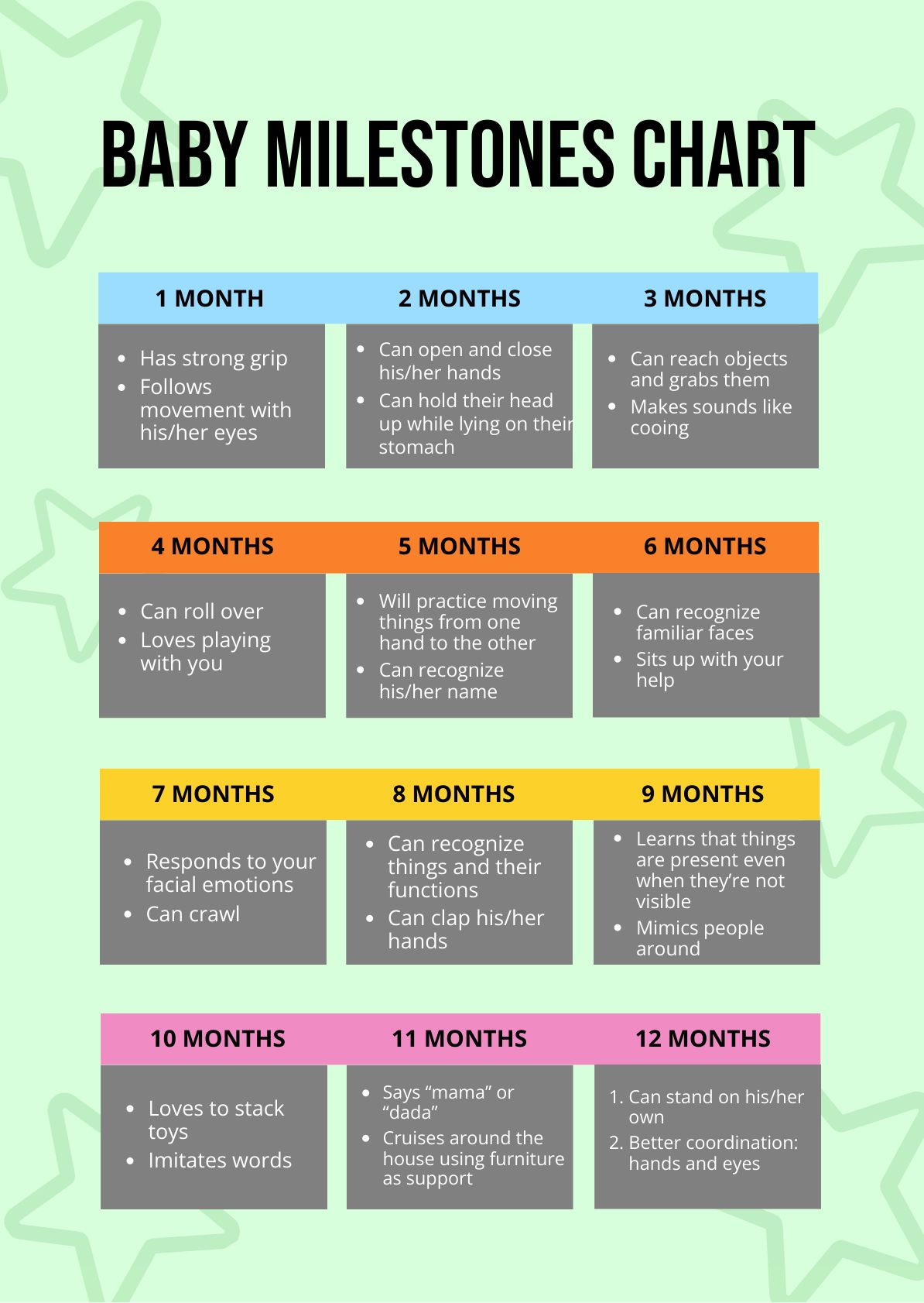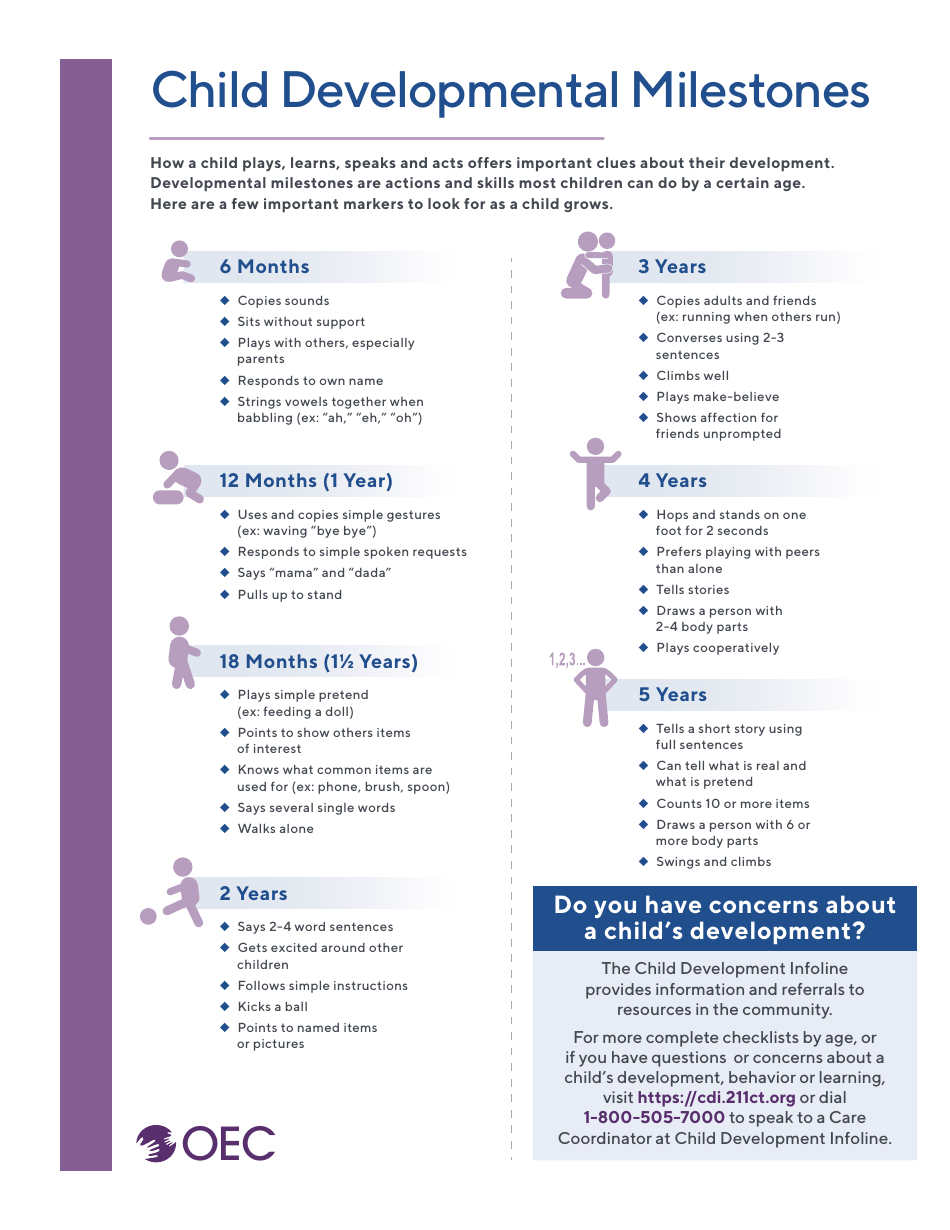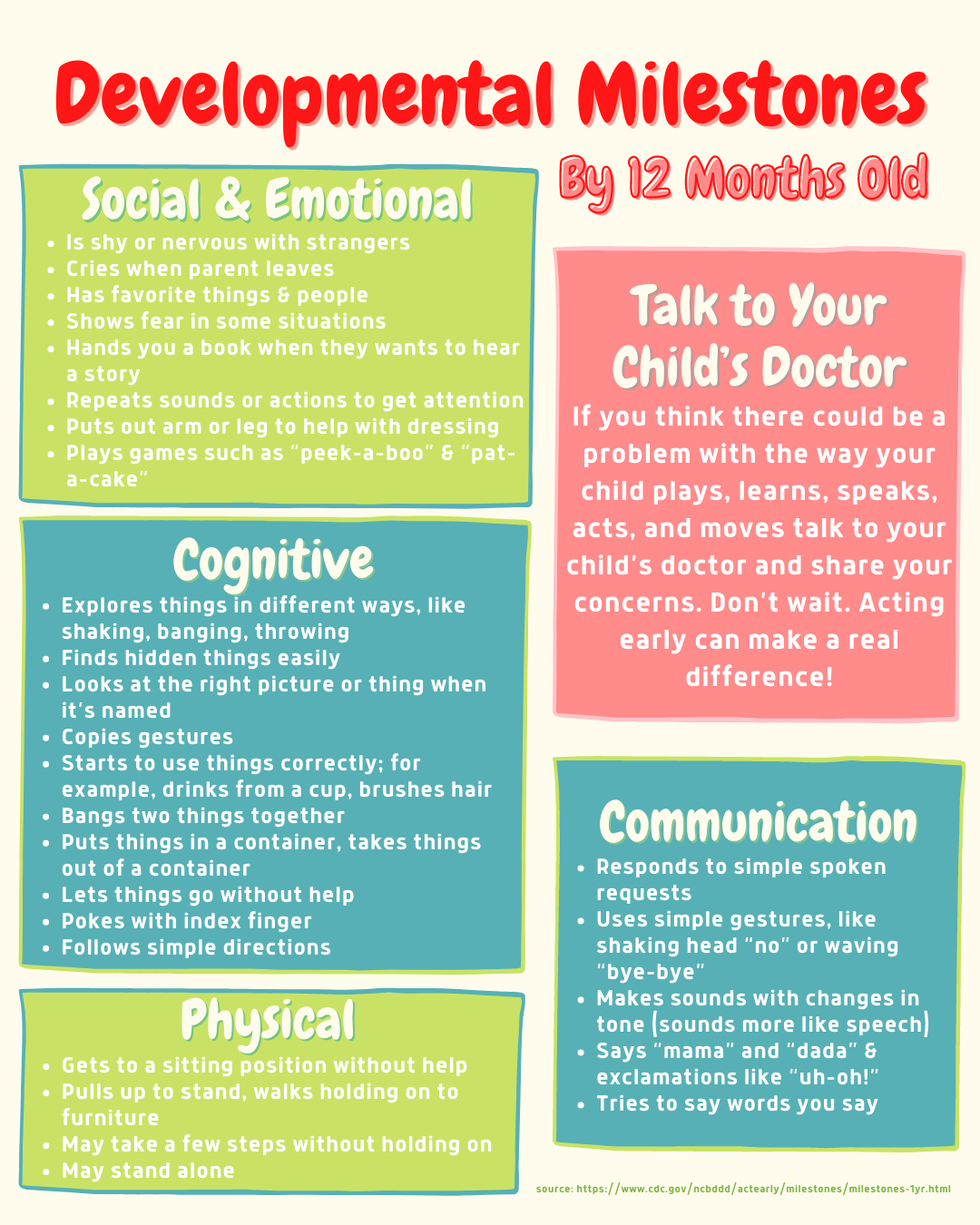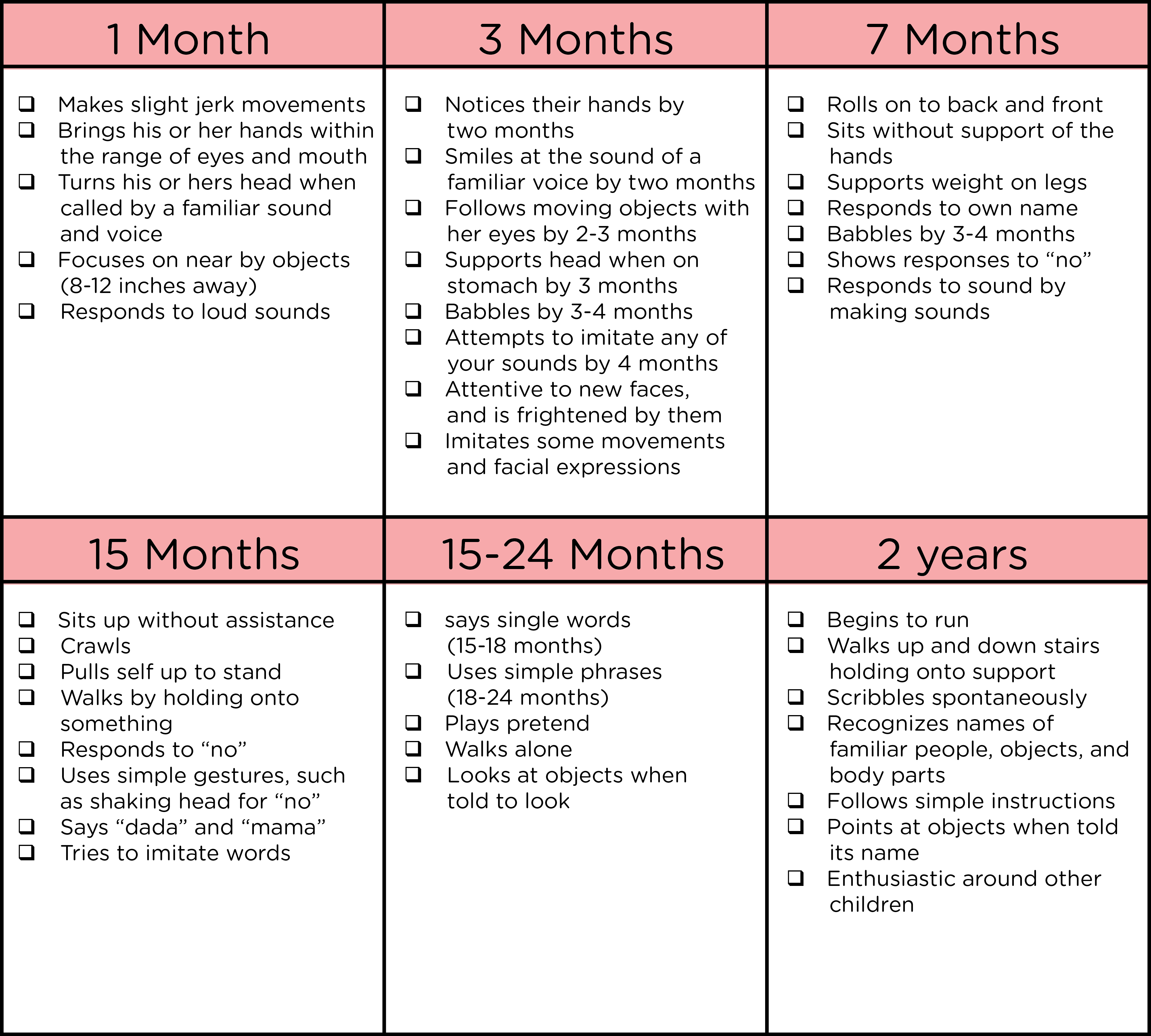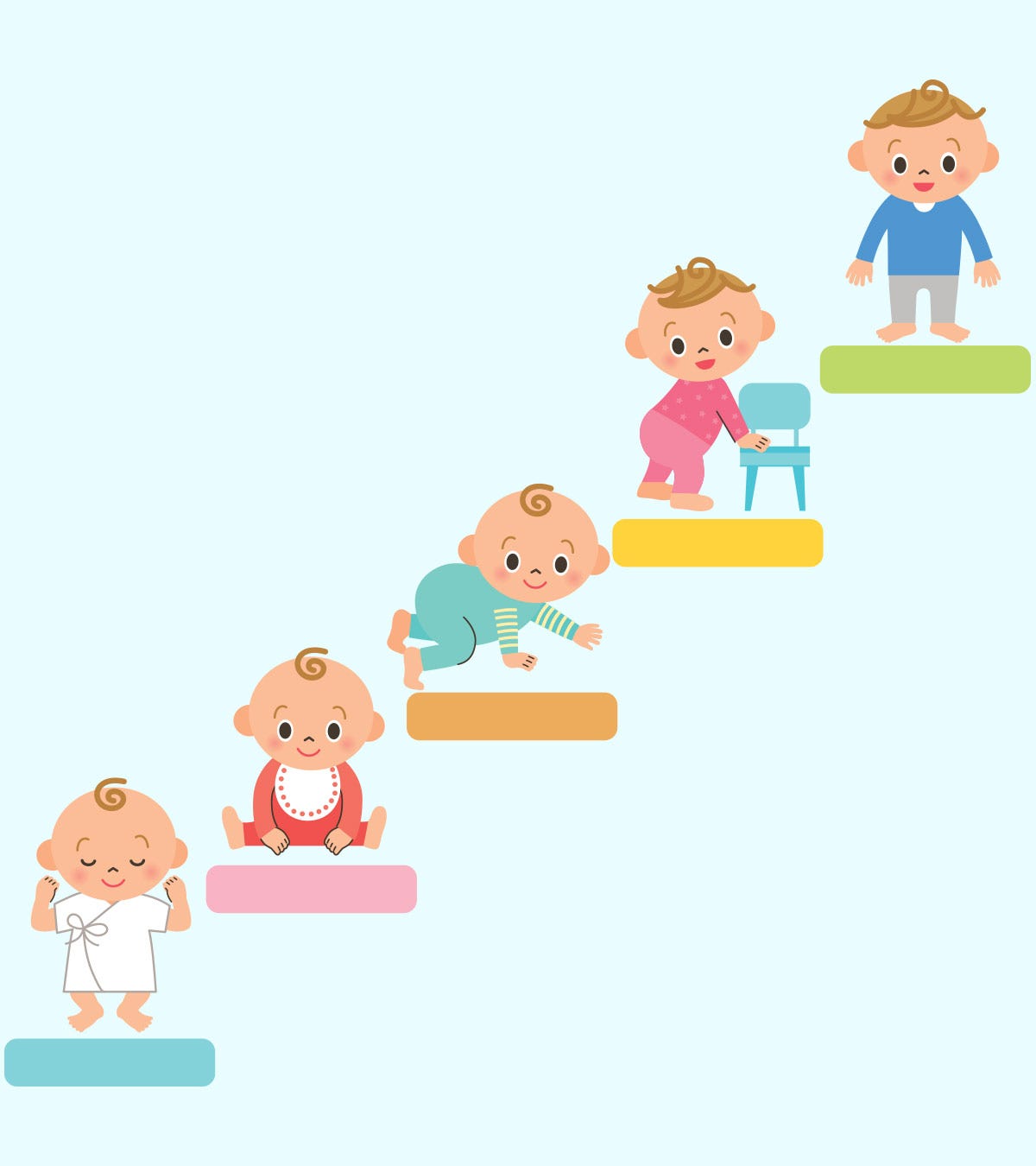What Are Developmental Milestones In Children - As infants and children progress. Experts set landmarks based on what 3 out of 4 children can do at specific ages. Developmental milestones are a set of goals or markers that a child is expected to achieve during maturation. Children all develop at their own pace. Understanding your child’s changing growth and development milestones is an important part of parenting. Skills such as taking a first step, smiling for the first time, and waving “bye bye” are called developmental milestones.
Skills such as taking a first step, smiling for the first time, and waving “bye bye” are called developmental milestones. Developmental milestones are a set of goals or markers that a child is expected to achieve during maturation. Experts set landmarks based on what 3 out of 4 children can do at specific ages. As infants and children progress. Children all develop at their own pace. Understanding your child’s changing growth and development milestones is an important part of parenting.
Experts set landmarks based on what 3 out of 4 children can do at specific ages. Developmental milestones are a set of goals or markers that a child is expected to achieve during maturation. As infants and children progress. Children all develop at their own pace. Skills such as taking a first step, smiling for the first time, and waving “bye bye” are called developmental milestones. Understanding your child’s changing growth and development milestones is an important part of parenting.
What Are The Normal Developmental Milestones at Aaron Edwards blog
Experts set landmarks based on what 3 out of 4 children can do at specific ages. Children all develop at their own pace. As infants and children progress. Skills such as taking a first step, smiling for the first time, and waving “bye bye” are called developmental milestones. Developmental milestones are a set of goals or markers that a child.
Developmental Milestones
Children all develop at their own pace. Understanding your child’s changing growth and development milestones is an important part of parenting. Skills such as taking a first step, smiling for the first time, and waving “bye bye” are called developmental milestones. As infants and children progress. Experts set landmarks based on what 3 out of 4 children can do at.
CDC updates its developmental milestones for children, first update
Experts set landmarks based on what 3 out of 4 children can do at specific ages. Children all develop at their own pace. Skills such as taking a first step, smiling for the first time, and waving “bye bye” are called developmental milestones. Developmental milestones are a set of goals or markers that a child is expected to achieve during.
Child Development Milestone Chart Finals Minga
Developmental milestones are a set of goals or markers that a child is expected to achieve during maturation. Understanding your child’s changing growth and development milestones is an important part of parenting. Skills such as taking a first step, smiling for the first time, and waving “bye bye” are called developmental milestones. As infants and children progress. Experts set landmarks.
Infant Developmental Milestones Chart in PDF Download
As infants and children progress. Experts set landmarks based on what 3 out of 4 children can do at specific ages. Skills such as taking a first step, smiling for the first time, and waving “bye bye” are called developmental milestones. Children all develop at their own pace. Understanding your child’s changing growth and development milestones is an important part.
Child Developmental Milestones Download Printable PDF Templateroller
Skills such as taking a first step, smiling for the first time, and waving “bye bye” are called developmental milestones. Developmental milestones are a set of goals or markers that a child is expected to achieve during maturation. Experts set landmarks based on what 3 out of 4 children can do at specific ages. Understanding your child’s changing growth and.
Child Developmental Milestones Chart
Understanding your child’s changing growth and development milestones is an important part of parenting. Skills such as taking a first step, smiling for the first time, and waving “bye bye” are called developmental milestones. As infants and children progress. Developmental milestones are a set of goals or markers that a child is expected to achieve during maturation. Experts set landmarks.
Developmental Milestones Early Childhood Collaborative of Southington
Experts set landmarks based on what 3 out of 4 children can do at specific ages. Developmental milestones are a set of goals or markers that a child is expected to achieve during maturation. Understanding your child’s changing growth and development milestones is an important part of parenting. As infants and children progress. Skills such as taking a first step,.
Printable Developmental Milestones Chart
Experts set landmarks based on what 3 out of 4 children can do at specific ages. Skills such as taking a first step, smiling for the first time, and waving “bye bye” are called developmental milestones. Understanding your child’s changing growth and development milestones is an important part of parenting. Developmental milestones are a set of goals or markers that.
DEVELOPMENTAL MILESTONES. An understanding of child development… by
Developmental milestones are a set of goals or markers that a child is expected to achieve during maturation. Skills such as taking a first step, smiling for the first time, and waving “bye bye” are called developmental milestones. Children all develop at their own pace. As infants and children progress. Experts set landmarks based on what 3 out of 4.
Developmental Milestones Are A Set Of Goals Or Markers That A Child Is Expected To Achieve During Maturation.
Skills such as taking a first step, smiling for the first time, and waving “bye bye” are called developmental milestones. Understanding your child’s changing growth and development milestones is an important part of parenting. Children all develop at their own pace. Experts set landmarks based on what 3 out of 4 children can do at specific ages.



